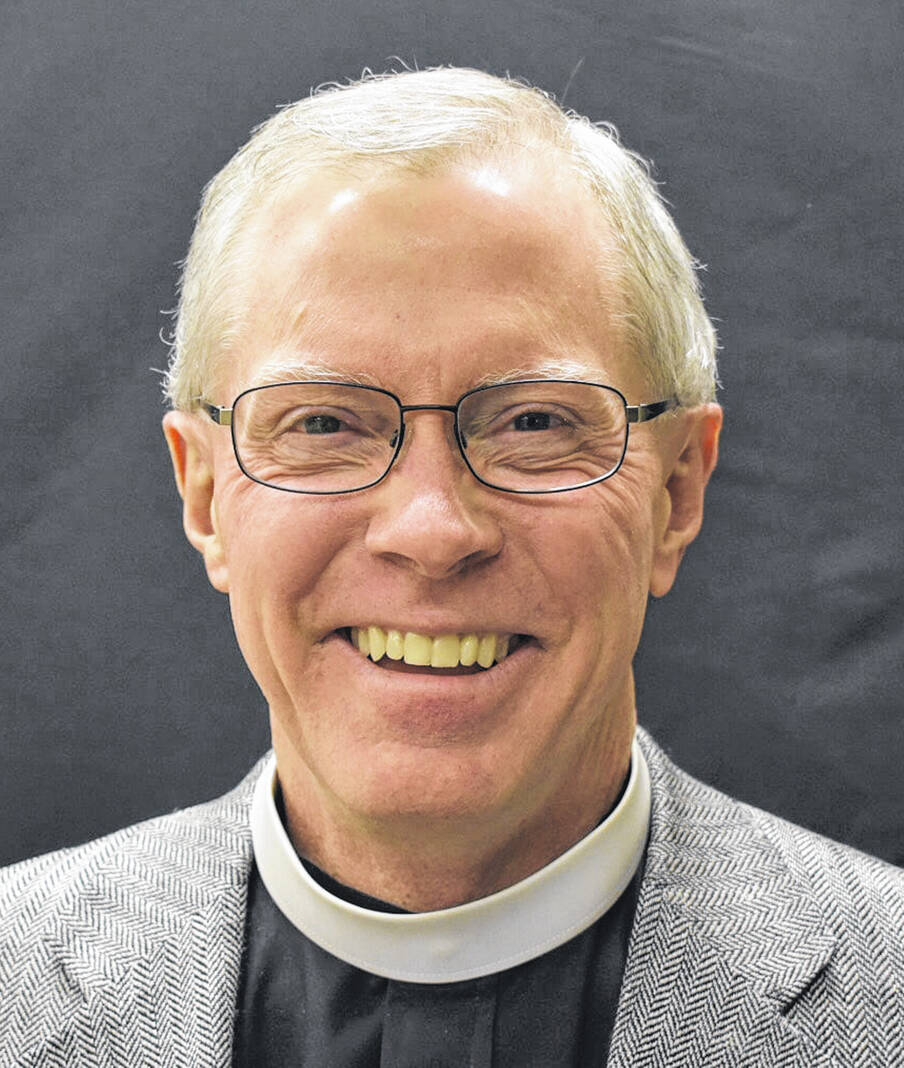
This is and has been Holy Week for many Christians, although some denominations keep Easter by a different calculation of dates. Holy Week, whenever it is observed, is the time before Easter Sunday. It contains Palm Sunday, that double service, the first a celebration of Jesus Christ’s entry to Jerusalem on a donkey, being celebrated as a king. The second part of the service is a reading of the Passion of Christ from one of the Gospels, as Christ is betrayed, arrested, beaten, ridiculed, crucified and dies. The Resurrection of Christ is not mentioned, except in passing. Palm Sunday is a big swing from the hosannas to God to the last breath of Jesus.
The next typical service is Maundy Thursday, a celebration of the institution of the Great Thanksgiving or “eucharist.” This is communion for those members of the church that believe Christ’s declaration at what is called the Last Supper. It’s also a celebration of Christ’s choice to humble himself by washing each of the disciples’ feet. Maundy Thursday is also called Holy Thursday because it always occurs during Holy Week. There are many denominational variations for events in Holy Week.
“Maundy” comes to English from the Latin word, mandatum, or the commandment that Christ gave to his disciples, “A new commandment I give unto you: That you love one another, as I have loved you, that you also love one another.” Also, on this day there is communion given, but some is set aside at an altar of repose until Good Friday; and the altar is stripped of all cloth, paraments and hangings, candles and candlesticks, everything. This leaves the altar bare for the very solemn Good Friday service the next day.
Maundy Thursday starts the holy three days of the Paschal (Passover) season that occurs each spring. The Latin word “triduum” is for the three days, so the Paschal Triduum is the time of Maundy Thursday, Good Friday, and Holy Saturday. And worship services observed during this time have no official “dismissal,” because it is one period of time.
Good Friday is honored as the day that Jesus the Christ died on the cross. Jesus died on the cross for all the people of the earth as they come to believe in Him and the God who sent Him. Christ descended to Hell that day, but we don’t know much more about that, except in some writings that believe he was offering redemption to the people who never had a chance to know about Jesus. (That, of course, is the short version.)
Holy Saturday, along with Good Friday, are days in which Communion is never celebrated except through the holding of the reserved sacrament of hosts from the Maundy Thursday service. Our tradition consumes any remaining hosts after the Good Friday service or gives them back to creation’s care.
Holy Week ultimately takes us to Easter, when we find that Jesus Christ rose from the dead and walked and ate among us for 40 days (but that’s another story.) He was resurrected, and after those days, He bodily ascended to heaven (but that’s another story.) God sent the Holy Spirit to the disciples, and ultimately to us, 10 days after that (but that’s another story.)
Ask your pastor or religious leader how this story of Holy Week changes our lives. The wonders of God have still not ceased. Creation is regularly being made again each day, whether we recognize it. And Jesus has shown us the way of love. How have you been engaged to show the love of God to your neighbor as well as yourself?
The Rev. David Kendall-Sperry is the rector of St. Peter’s Episcopal Church, 45 W. Winter St., Delaware, and can be reached at 740-369-3175. A member of the Delaware Area Ministerial Association, he also serves on boards for Andrews House Community Center and the Men’s Shelter of Delaware County. He has three adult children and three grandchildren, and lives with his wife in Westerville.

